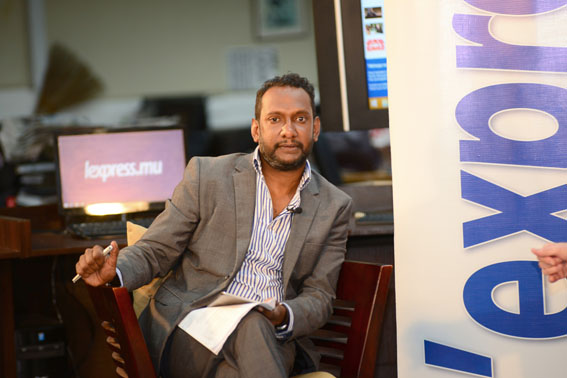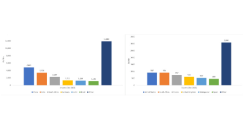About Gender Disparities and Economic Challenges
Share

A World Bank Group report reveals significant global gender disparities, emphasizing that women have less than two-thirds the rights of men when considering factors like safety from violence and childcare access. The study, “Women, Business, and the Law,” marks a decrease from a previous estimate of 77% to just 64%, illustrating the severity of workplace obstacles for women.
Notably, the research indicates no country offers women equal opportunities, with legal protections averaging at 64% when including safety and childcare. Despite laws mandating equal pay for equal work in 98 economies, enforcement remains scarce. The World Bank Group’s Chief Economist, Indermit Gill, suggests eliminating discriminatory laws could potentially boost global GDP by over 20%, highlighting the economic imperative of gender equality.
The report underscores the necessity of not only enacting but enforcing equal-opportunity laws, including mechanisms for pay disparity tracking and violence survivor healthcare services. With a global average score of 36 out of 100 for women’s safety and inadequate childcare provisions, the gap contributes to women’s increased unpaid care work, affecting employment and entrepreneurship opportunities.
The gender gap also impacts women’s retirement, with financial insecurity stemming from lower earnings and smaller pensions. The disparities extend to entrepreneurship, with women largely excluded from public procurement economic opportunities.
Urging governments to accelerate reforms, the report frames women’s legal and economic empowerment as crucial for global economic growth and fairness. With women constituting just over half the global workforce, harnessing their potential is presented as essential for a prosperous, equitable future.
Election Year Anticipation
In Mauritius, widespread speculation about it being an election year contrasts with the Prime Minister’s silence. The indefinite postponement of local elections has led to a political atmosphere charged with promises and economic grievances, yet lacking in concrete action or optimism.
Political leaders vocalize ambitious fiscal promises, yet the reality of inflation and economic strain dampens public enthusiasm. With energy and food prices driving inflation, households face diminished purchasing power, despite nominal wage increases.
Economic analysts point to a challenging environment marked by the pandemic aftermath, supply chain disruptions, and currency depreciation, affecting household budgets and voter sentiment. The looming election year thus stands against a backdrop of economic uncertainty and public disillusionment, underscoring the pressing need for effective governance and policy measures.









